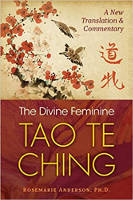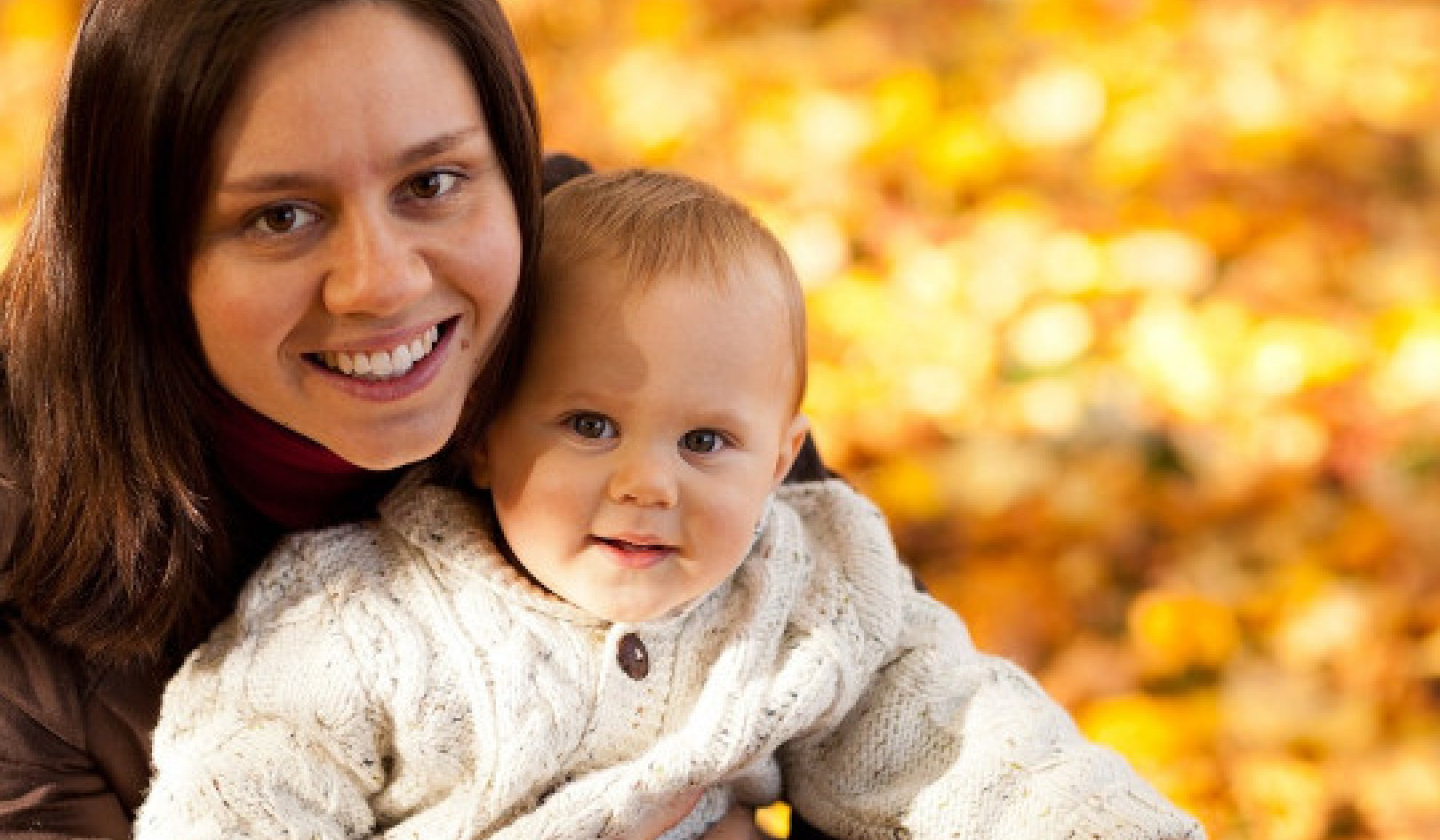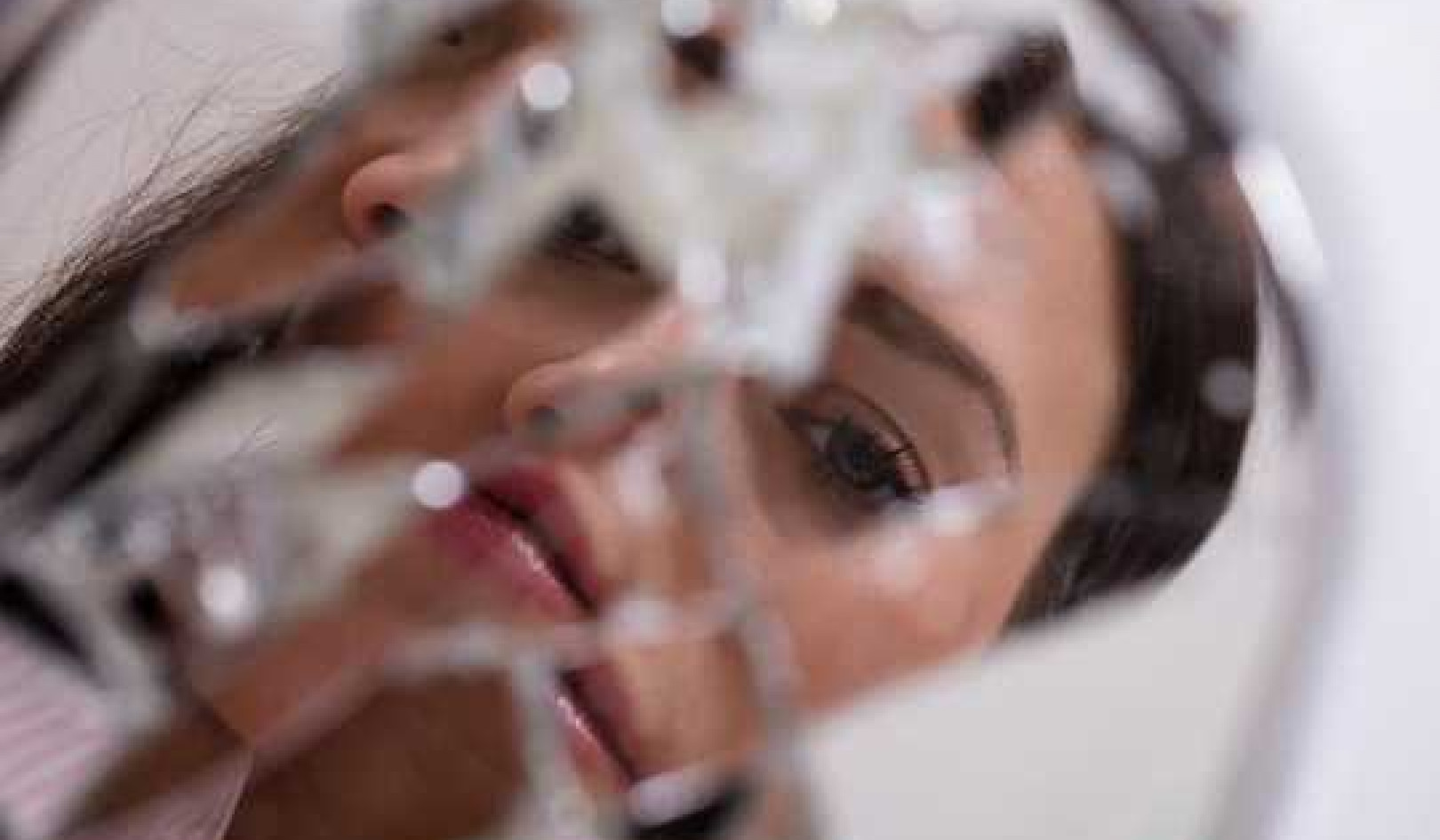
Image by Alp Cem
Narrated by the author.
In 1977 I was a thirty-year-old tenured professor, comfortably settled into my life—teaching psychology and supervising research at an elite private American university. Asia was “the Orient,” a faraway place overflowing with ancient traditions and largely untouched by Western TV and media. And yet, mysteriously, Asia called to me, speaking to me in ways nothing else did.
I needed to get there. So I resigned from my university position and, almost overnight, dropped into another world, embarking on an adventure that continues to unfold today. As few signs were transliterated from Chinese characters into Roman letters, I had to learn to read basic Chinese quickly so I could find the women’s restroom, get on the right train and off at the right station, and buy more than just items I recognized like vegetables, eggs, and beer.
I kept reading, kept learning, and before long fell in love with the etymology of Chinese characters and the elegance of Chinese calligraphy. Everywhere I traveled in those years in Asia—China, Japan, South Korea, Taiwan, Hong Kong, Malaysia, Singapore, Thailand, and Laos—I sought out the national art museums and spent hours in the rooms dedicated to Chinese calligraphy. The beauty of the various forms of calligraphy touched me, and the reverence the Chinese gave to the characters inspired me. “Now here’s a culture that knows what matters,” I thought.
Living in Asia in my early thirties challenged almost everything I thought I knew about the world. I learned the hard lesson of accepting things as they were and not as I thought they were or as I wanted them to be.
Looking back, I realize that I had begun to learn what the Chinese call wei wu wei, which means to “act without acting” or “know without knowing.” Not having a car and having to walk or take public transportation everywhere, I mingled with hundreds, if not thousands, of Asian people every day.
I was so happy to be in Asia. I suspect that I was like a young child, imitating the people near me as infants do. In so doing, I embodied their wei wu wei effortlessly and certainly came back to the United States a revised human being.
Discovering the Divine Feminine Tao -- 40 Years Later
Since wei wu wei is an essential lesson of Lao-tzu’s Tao Te Ching, this on-the-ground learning gave me the experiential and embodied understanding I needed to translate the text into English decades later. In fact, wei wu wei was invaluable to me—first as a reader and then as a translator—because it allowed me to wait for a poem to reveal itself to me instead of chasing down meanings intellectually or multi-tasking. I had to slow down, turn off my agenda, and listen until a great silence entered my being.
Being with the Tao Te Ching and reading it with wei wu wei patience, I often found esoteric gems in the poems that had not made it into any English translations I had read over the years. These phrases would flash at me and speak to me intimately, spiritually.
However, it was not until I retired that I wondered if I could translate the Chinese manuscript for myself. After all, I could read basic Chinese and scholarly books were now available to help me with the Chinese characters that I did not recognize. Perhaps in translating the poems initially just for my own benefit and delight, I might discover something new in the Tao Te Ching or something new about myself.
To my surprise, I discovered that the Tao was profoundly feminine! Never could I have predicted that because, in the English translations I read, the Tao is commonly referred as “It” throughout the poems. How could so many translators, almost all men, not have noticed that the Tao is consistently referred to as “mother,” “virgin,” and “womb of creation,” all of which are clearly feminine and hardly gender neutral? Only in a rare poem do a few translators refer to the Tao as “She” when the reference to “mother” or “womb” is blatant.
Therefore, as I continued to translate the poems, I kept asking myself, “Am I really the first to notice that the Tao is feminine throughout the poems?” English translators typically determine gender by the context provided in the Chinese text rather than by grammar, so how could nouns like “mother,” “virgin,” and “womb” not signify a Divine Feminine Tao?
My friends could not understand why I was so surprised. They just said some version of “Just the same old thing. Why would other translators want to recognize a feminine Tao and challenge the general consensus about the correct pronoun to use?” But, having recognized the Tao in this intensely feminine way, I could not possibly refer to the Tao as anything other than “She.” There was no going back.
The Wei Wu Wei of Translation
I merged into the process of translating each poem, listening deeply to the Chinese text as I read and reread it and receiving impressions that I would then translate into words over time. This wei wu wei method of translation was rarely mental but typically took the form of bodily impressions. My body became like an eardrum, a tympanic membrane, receiving impressions.
Usually I would wei wu wei for days on a single poem—listening, jotting down notes, and eventually receiving the right phrases or words. Most often the lines became simpler and shorter. The simpler and shorter the poem, the longer the translation took. I always worked in pencil—writing, erasing, and rewriting lines—long before I sat down at my laptop to type out a poem.
When a poem started to sound like something Emily Dickinson might write, that usually meant the poem was nearing completion. I was always listening and receiving—“acting without acting” and “doing without doing.”
In ancient times the Tao Te Ching was recited and sung. Therefore, translating it requires not only a mystical sensibility but also an ear for the music of poetry and an aesthetic imagination that can grasp the meaning to which poetic metaphors point. Therefore translators of the Tao Te Ching need to be poets and song lyricists—in addition to having knowledge of Chinese language, culture, and history—in order to render the original sense of the eighty-one poems.
While the ancient Chinese did not classify the Tao Te Ching as poetry, the eighty-one verses are replete with internal rhythm and rhyme and their short phrases and sentences are easy to memorize. Since Chinese is a tonal language, the tones of one line might match the rhythms and tones of other lines but with different words.
While no one—however competent in both Chinese and English—can mimic idiosyncratically Chinese patterns in English, my translations are poetic and musical to the ear. They read much as a storyteller or singer might relay them, attempting as best as possible to match the oral traditions from which the poems arose.
How to Read and Sing the Tao Te Ching
If you wish to truly hear the messages of the Tao Te Ching, you must enter into wei wu wei. Listen to the words. Take your time. Read the poems aloud if that helps. Get into the beat and musicality of the poems. Try singing them to a favorite tune. Let the words roll over you like the lyrics of a Bob Dylan song that you love. Live out the oral tradition of the Tao Te Ching at home alone or with friends.
Read or sing one poem a day, and live with it for the day. Imagine yourself on the banks of one of the great rivers of China or high in the mountains of central China where the Taoist masters may have lived. Sink into the sense of a wilderness so vast and remote that the thought of controlling it is simply ridiculous. Abide in a world beyond your control and let the river and the mountains tell their story.
The Tao Te Ching is simple to understand if you commit to truly listening to and hearing what it has to offer you. Be wei wu wei—act without acting; do without doing. If you cannot, my translation will just be another translation of this great classic that sits on your shelf.
Sing out loud and sing long. This is hermeneutics in action. The term hermeneutics comes from the Greek god Hermes, the great communicator who brought the gods’ messages down to humans. In singing the Tao Te Ching, communicating with the Heavens and back to planet Earth is precisely what you are doing. Do it. Improvise on the text as an ancient storyteller might. Begin your own legend—your own pathway to the Heavens and back home again.
Let the poems and their meanings seep into your bones and your soul. Release your being into them, unencumbered and uncontaminated by worldly affairs. What this encounter becomes for you is your wei wu wei.
My way of wei wu wei is not your wei wu wei. Perhaps you will become like one of those enigmatic Taoist masters of ancient China, who lived in the wilds of nature and came to the village occasionally for provisions and a bit of camaraderie and lingered to tell stories, sing, and rant around a fire at nightfall.
Perhaps in encountering the Tao of the Tao Te Ching, you may discover the wild of you—not what your parents wanted you to be or what your culture wants of you, but the wild of you. Aligning with the Tao is not about rules or “same size fits all.” Instead the Tao calls you to be enigmatically, riotously, wildly you and no one else. Just you.
The Tao of the Tao Te Ching may strip you down to the nothing of everything that is, as it did me. You may discover the abyss or emptiness of existence. What could be simpler? More auspicious? More dangerous? Isn’t this what we all want deep down inside?
©2021 by Rosemarie Anderson. All Rights Reserved.
Reprinted with permission of the publisher,
Inner Traditions Intl. www.innertraditions.com.
Article Source:
The Divine Feminine Tao Te Ching: A New Translation and Commentary
by Rosemarie Anderson, Ph.D.
 In this book, Rosemarie Anderson shares her discoveries of the Divine Feminine Tao alongside her original translation of the Tao Te Ching. Working from ancient silk and bamboo slip manuscripts, the oldest known copies of the Tao Te Ching, the author slowly translated all 81 chapters over the course of two years, allowing each section to reveal its intimate poetic and spiritual nature. To her surprise, she discovered that the Tao was unmistakably feminine, consistently referred to as “mother,” “virgin,” and the “womb” of creation.
In this book, Rosemarie Anderson shares her discoveries of the Divine Feminine Tao alongside her original translation of the Tao Te Ching. Working from ancient silk and bamboo slip manuscripts, the oldest known copies of the Tao Te Ching, the author slowly translated all 81 chapters over the course of two years, allowing each section to reveal its intimate poetic and spiritual nature. To her surprise, she discovered that the Tao was unmistakably feminine, consistently referred to as “mother,” “virgin,” and the “womb” of creation.
Capturing the original feminine nature of this ancient text, Anderson’s translation sheds new light on the esoteric wisdom contained within the Tao Te Ching and on the mystical feminine essence of the Tao.
For more info and/or to order this book, click here.
About the Author
 Rosemarie Anderson, Ph.D., is professor emerita of transpersonal psychology at Sofia University, an author, and an Episcopal priest. She cofounded the Transpersonal Research Network in 2014 and the Sacred Science Circle in 2017. Also in 2017 she received the Abraham Maslow Heritage Award from the Society of Humanistic Psychology of the American Psychological Association. She is the author of several books, including Celtic Oracles and Transforming Self and Others through Research.
Rosemarie Anderson, Ph.D., is professor emerita of transpersonal psychology at Sofia University, an author, and an Episcopal priest. She cofounded the Transpersonal Research Network in 2014 and the Sacred Science Circle in 2017. Also in 2017 she received the Abraham Maslow Heritage Award from the Society of Humanistic Psychology of the American Psychological Association. She is the author of several books, including Celtic Oracles and Transforming Self and Others through Research.
Visit her website at: RosemarieAnderson.com/
























